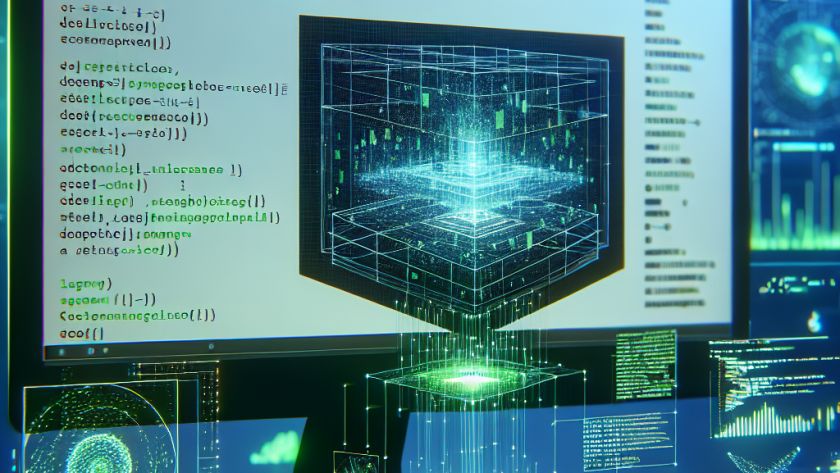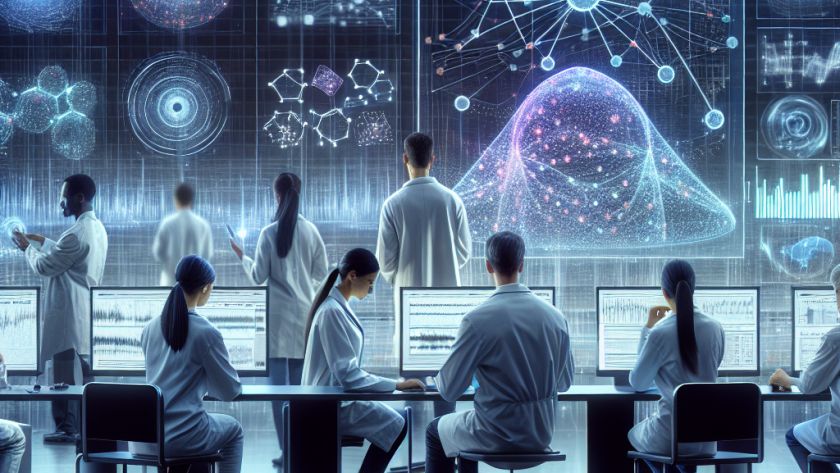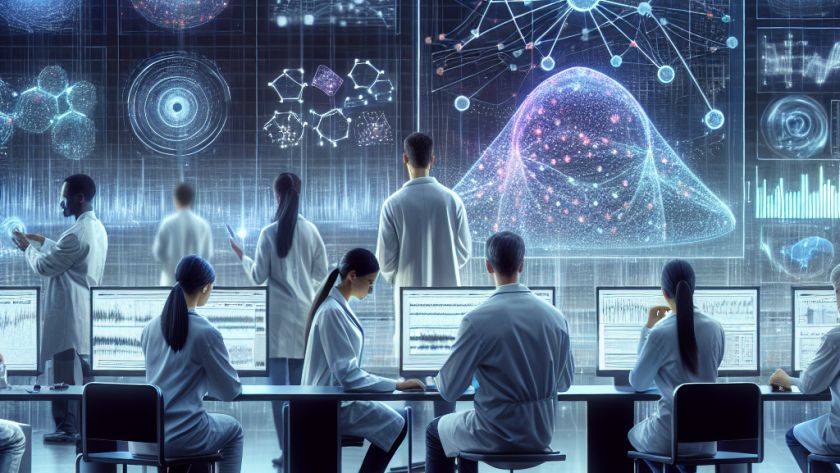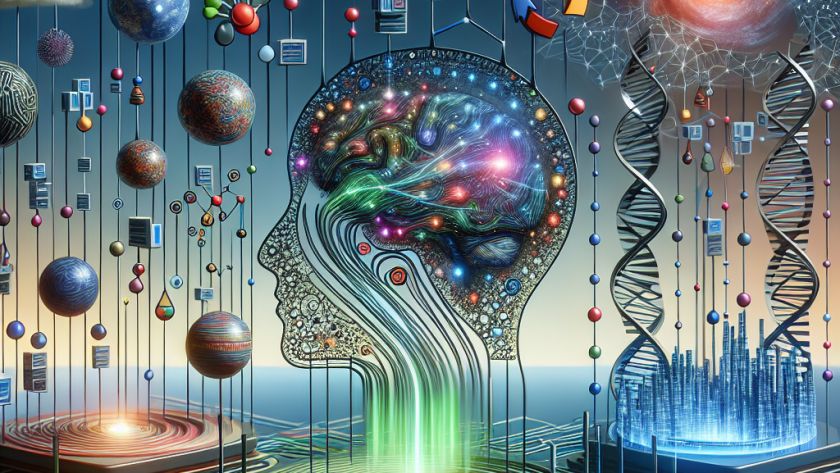We're excited to announce that Microsoft has taken a huge leap forward in the world of AI technology with its new AI key for Windows 11 PCs! This key allows people to use the revolutionary Copilot, an AI tool developed in partnership with OpenAI, which can do tasks such as search, write emails, and create…










